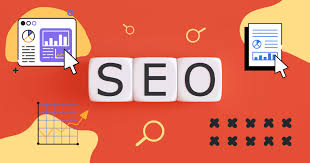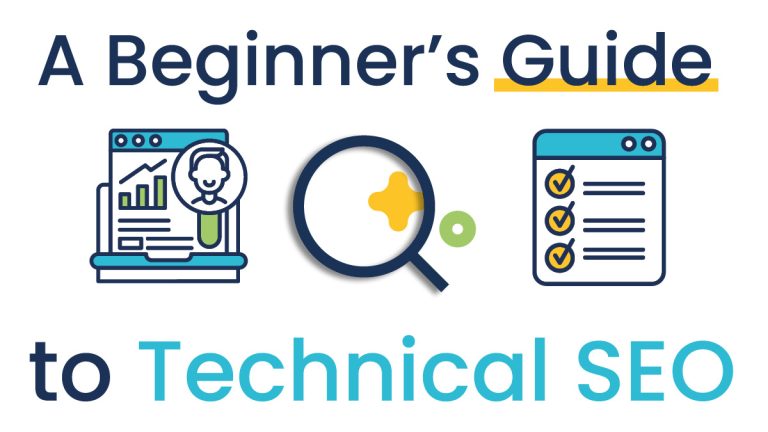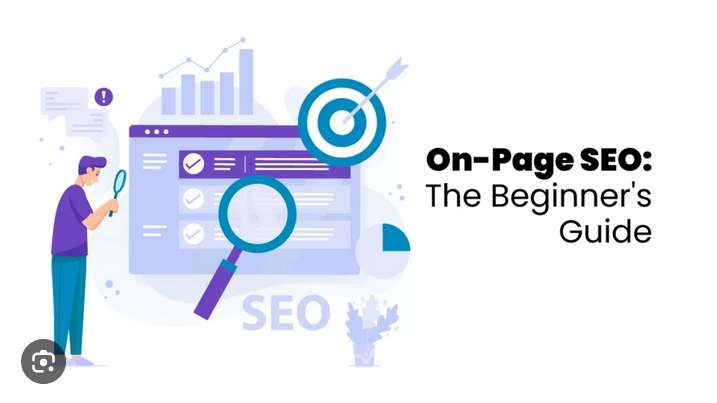Google, Bing, and Yahoo process billions of searches every day. If your website isn’t optimized properly, it won’t appear in front of the right audience. But don’t worry! As a small-time business operator, a blogger, or an aspiring digital marketer, with this guide you will grasp the very basics of SEO and how to drive traffic to your website.
SEO and SEO 101: The Ultimate Beginner’s Guide on Search Engine Optimization
Ever get the feeling that your website isn’t getting anywhere on Google? Raising the questions on ranking higher and organic traffic? Welcome to SEO 101-an all-important guide to SEO basics.
Search engines like Why Does It Matter?
SEO is the optimization that goes into ranking your website higher on search engine results pages (SERPs). The higher you rank on SERPs, the more organic traffic your site will gather. SEO matters because:
•Increases Visibility: Higher rankings equal higher exposure.
•Boosts Credibility: First-page websites on Google are greatly trusted by users.
•Generates Organic Traffic: SEO traffic is free and stays there longer compared to paid ads.
•Good User Experience: Besides smooth sailing experience for visitors.
The Most Important Elements to Understand for SEO Beginners
When aiming for higher rankings in search engines, one needs to focus on the key SEO elements discussed below:
1. Keyword Research – Foundation of SEO
One should know what the audience is looking for. Use Google Keyword Planner, Ahrefs, or SEMrush to find high-volume and low-competition keywords. Long-tailed keywords like “the best running shoes for flat feet” bring better conversion.
2. On-Page SEO – Optimize Your Content
On-page SEO refers to the viability of optimizing individual pages that can rank higher. Some of the key methods include:
•Title Tags & Meta Descriptions: Naturally use your target keywords.
•Header Tags (H1, H2, H3): Bundling your content for easier reading increases SEO value.
•Internal Linking: This takes users and search engines down other relevant pages of your site.
•Image Optimization: Use descriptive ALT texts and compress images.
3. Content Quality – The Hinge of SEO
Content is king in SEO; Google loves useful, fresh, and organized content. Here are a couple of steps:
•Write engaging, focused, original content to solve a user’s problem.
•Incorporate bullet points and subheadings to ease reading flow.
•Keep the paragraphs short and crisp.
•Enrich your content with multimedia (images and videos) for higher engagement.
4. Technical SEO – Optimization Behind the Scenes
Technical SEO takes care of search engines crawling and indexing your site most effectively. That you will work with include:
•Mobile-Friendly: Google favors mobile-first websites.
•Loading Speed: Make use of tools like Google PageSpeed Insights to optimize performance.
•Secure Website (HTTPS): Beyond just being secure, it helps with ranking.
•XML sitemaps and robots.txt: Tells the search engines how to crawl through your site.
5. Off-Page SEO – Building Authority & Backlinks
Off-page SEO is dealing with everything happening on your page but outside to improve its rankings-and this includes.
•Backlinks: Form a quality link of other reliable sites.
•Guest Blogging: Write for other industry blogs.
•Social Signals: Share the post on your social media and increase visibility
•Brand Mentions: Inspire people to discuss your brand
SEO Best Practices for Long-standing Performance
•User Intent Focused: Google prefers to have even more aligned content in relation to the submission of a user’s queries.
•Steer Clear from Black Hat SEO: Don’t use keyword stuffing, invisible texts, or spammy backlinking.
•Monitoring analytics: will tell you what works well and what doesn’t.
• Algorithm: Learn algorithms because they evolve daily, keeping you ahead in the ever-changing digital landscape.
Nevertheless, learning SEO is an imprecise process that may take a lot of time. The facile above will get you on the right road to implementation. Whether a new player or sharpening your axe, knowing how an SEO best practice is being applied keeps you ahead in achieving better rankings and increased traffic online.
The time is now when you want to beat the conscious/unconscious intent on a search engine. Go ahead and start your work; keep watching how organically traffic starts increasing for your website!



